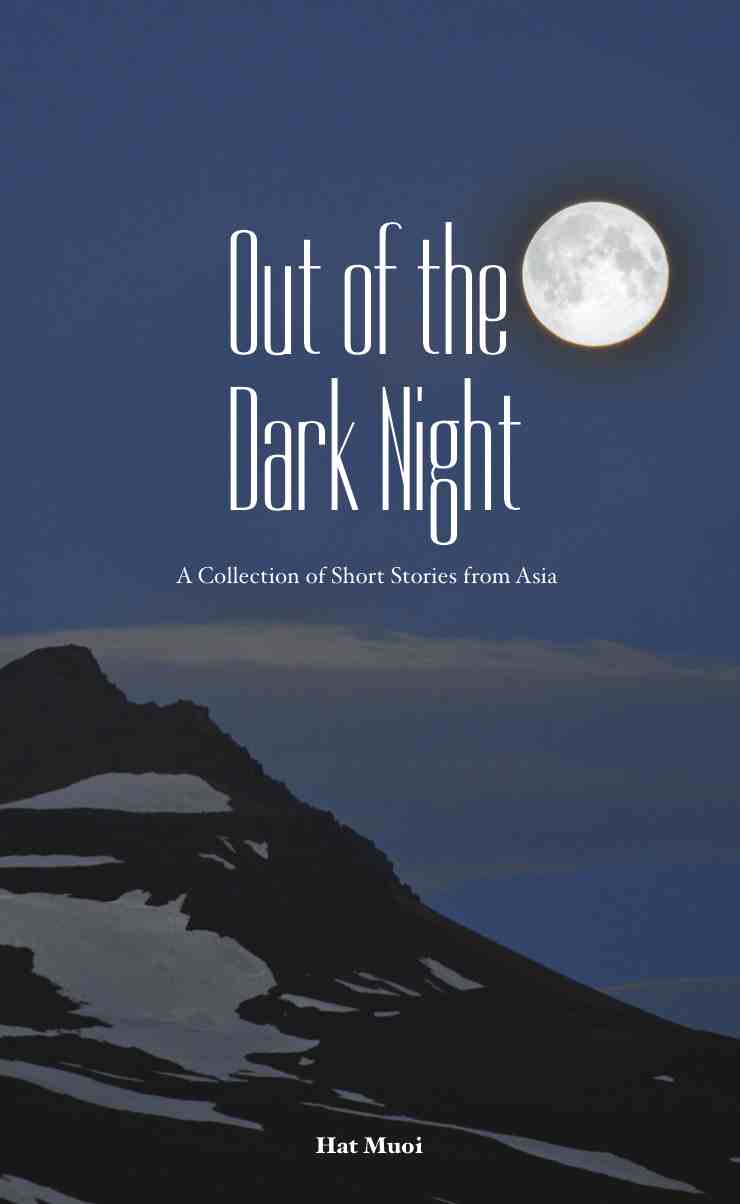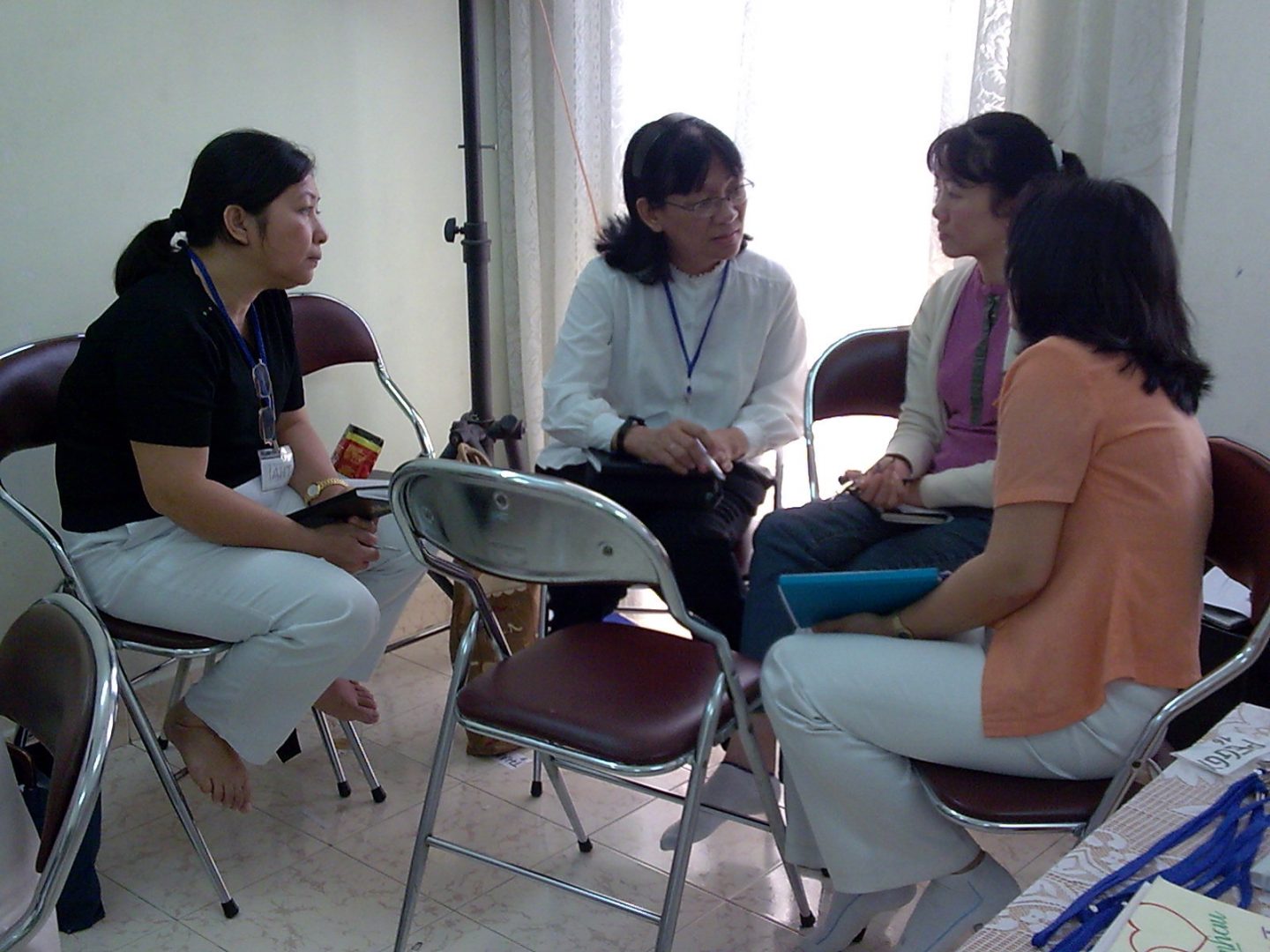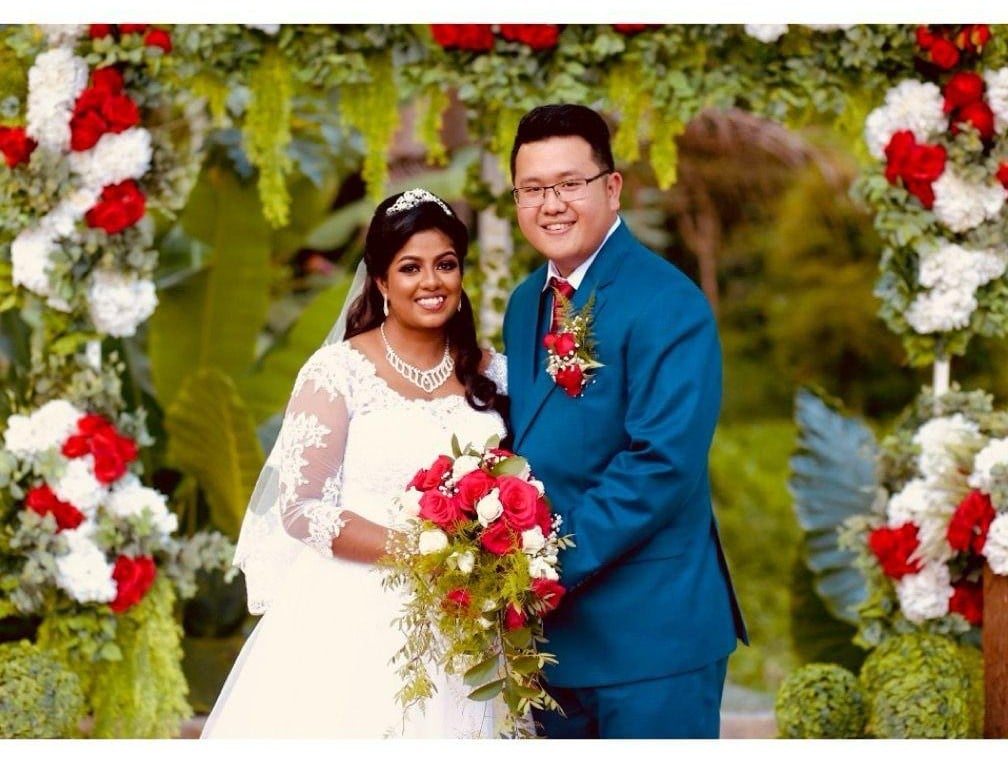LittWorld: Winning souls globally through testimonies written locally
Priscilla Goy // August 10, 2018, 4:09 pm

Photo by Katherine McCormack on Unsplash
For many countries in Asia, Christian literature in a country’s native language is rare, let alone Christian literature written by locals themselves. They are often published in the West, before being translated into the country’s native language.
But over the past decade, magazines with original testimonies — written in Vietnamese and by Vietnamese — have become increasingly popular in the country. So much so that some testimonies have been compiled into a book.
And in a twist of events, that book was translated from Vietnamese to English, to bless more readers beyond the borders of Vietnam.

Out of the Dark Night is a collection of 16 testimonies of God’s healing and restoration, translated from Vietnamese.
The book, Out of the Dark Night, is a collection of 16 testimonies, of which almost all were translated from the Vietnamese edition, Tuyển tập Việc Chúa Làm (A Collection of Stories of God’s Work).
Tuyển tập Việc Chúa Làm is a collection of 16 testimonies of God’s healing and restoration.
The testimonies include accounts of miraculous healing of mental and physical illness, being freed from addiction to drugs, and restoration of marriages.
One story was based on the testimony of a popular former voodoo practitioner who practised voodoo to help others, yet was leading a life rife with family violence and tiredness. Desperate for God after learning that her two sons were diagnosed with HIV, she subsequently accepted Christ, experiencing joy, comfort and healing from God.
One of her sons also managed to live for 2½ years more than expected.
Written in heart language
Work on the book started when a Vietnamese woman named Esther* attended a LittWorld conference in the Philippines in 2004, and caught the vision for publishing original writings, not just translations, of Vietnamese writers.
The LittWorld conference is organised every three years by Media Associates International (MAI) and is described as the “world conference of Christian publishing”.
The last conference in 2015 gathered 278 Christian publishing staff and writers from 50 countries. This year’s conference will be held from October 28 to November 2 in Singapore, and is expected to attract more than 250 participants.
“Wouldn’t original stories by Vietnamese writers, rooted in the culture of the readers, have a greater potential of connecting?”
MAI president John Maust wrote about Esther in the book’s foreword: “She could see a place for translating good Christian books from English or other languages.
“But what if she were to publish original stories and messages by Vietnamese writers, written in the heart language and rooted in the culture of her readers? Wouldn’t these works have a greater potential of connecting with readers and impacting hearts and lives?”
Esther and about 20 others started their training in an MAI writers’ workshop in 2008, learning about writing for women’s magazines.
Bernice Lee, 60, the Asia chair of MAI, was the first of a number of trainers who went to Ho Chi Minh City to share her know-how with the women.
She recalled the longer process required to train the Vietnamese because of the language barrier. She taught in English, then someone had to translate what she said into Vietnamese for the trainees. After doing their writing exercises, the trainees sometimes read aloud their written work in Vietnamese, and this was translated into English for Lee.

A discussion group during the first training in Vietnam in January 2008. Photos courtesy of Bernice Lee.
The teaching approach depended on the area of writing, she said. “If I were giving them an exercise on descriptive writing, that was okay because, even when translated, you can tell whether they’re describing something well or not. But when it came to grammar and punctuation, I had to leave it to them to do mutual marking and critiquing of one another’s work, because slightly different rules applied.”
Despite the limitations, she said the trainers managed to cover the topics that were needed by the trainees.
By Vietnamese, for Vietnamese
“Vietnamese women are not only courageous, but also very industrious and entrepreneurial,” said Lee. “Some of the trainees came from the highlands and central Vietnam — they had to take the train or bus, and sometimes even came on motorbikes.”
She and other trainers flew to Vietnam once or twice a year, for a week each time, over a three-year period.
The first issue of the Christian magazine, Hạt Muối (“Grain of Salt”), was published in time for Christmas 2008, and all 1,000 copies quickly sold out, as did the 2,000 copies of the Easter 2009 issue. Given the high demand for the magazine, Esther and her team doubled the print run with subsequent printings until it hit 8,000.
Lee believes the magazine’s first-hand testimonies garnered a lot of interest from readers because they were written by Vietnamese locals. She said: “The scenarios and social situations are all very different, as compared to Western cultures. Some of the writers of the testimonies were really down and out; one even had to go to the bus terminus to sell drinks just to survive.
“Books enable people to learn and to grow in their knowledge, both of the world and of God.”
“Another had a child born out of wedlock, and the boyfriend left her, so she had to find a way to feed herself and her child. She later met a good man who married her. But the wonderful thing about this story is that, after she featured her testimony in the magazine, her ex-boyfriend — who had married someone else and started a family — happened to read the testimony. He showed it to his wife, and his whole family came to Christ. I still get goosebumps when I think of that story.”
At one of the sessions, the trainers and trainees found that they had gathered many fantastic testimonies in the magazine and decided to compile them into a book that could be sold in bookstores to bless a wider readership.
The Vietnamese book was published in 2011, followed by the English edition in 2013 so non-Vietnamese readers could benefit from the stories too.
Publishing as missions
With the rise of social media, readership of newspapers, magazines and books around the world have been falling.
Asked about the relevance of books against this backdrop, Lee said: “We have begun to do training for writing in forms that cross over to social media and other electronic media. But having said that, for many of these countries with inaccessible areas, it’s still relatively easier for books to travel as not everyone has Internet, so the print medium is still important.”
She added: “I really want people to see that training people to write can be missional. Very often, when people go overseas for mission trips, we’re meeting immediate needs, to address poverty or prostitution, for instance.
“But in the case of raising literacy and promoting education, books enable people to learn and to grow in their knowledge, both of the world and of God. I hope more people will see that, then we can raise more writer trainers to go out to the region.”
Both the Vietnamese and English editions of the book are on sale at Graceworks. Registration for LittWorld 2018 is open until August 15.
* Esther’s full name has been withheld for her security and privacy.
We are an independent, non-profit organisation that relies on the generosity of our readers, such as yourself, to continue serving the kingdom. Every dollar donated goes directly back into our editorial coverage.
Would you consider partnering with us in our kingdom work by supporting us financially, either as a one-off donation, or a recurring pledge?
Support Salt&Light


